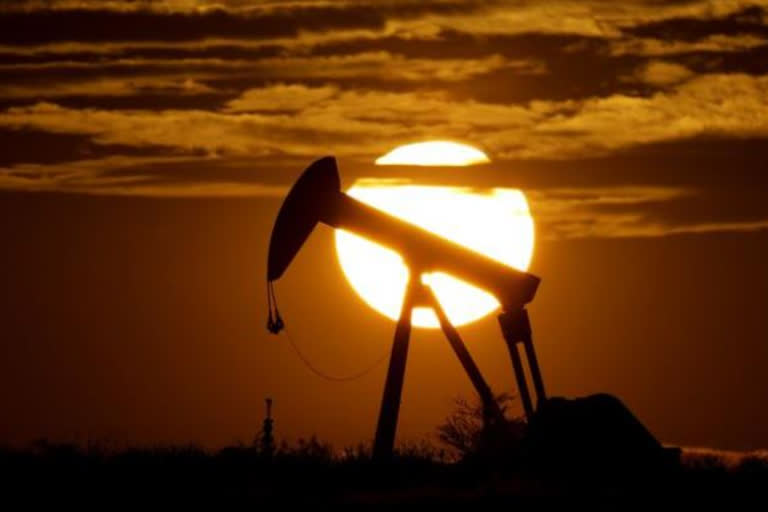New Delhi: The ongoing war between Ukraine and Russia may harden the inflation by more than half a per cent and at the same time it can also result in the decline of nearly Rs 1 lakh crore in the Centre’s revenue collection from the petroleum sector if the government decides to absorb a part of the impact of increasing crude oil prices rather than passing the entire burden on to the consumers.
After the start of the war between Ukraine and Russia earlier this week, the price of crude oil has already crossed the mark of $100 a barrel, the highest since September 2014.
High crude oil prices have an adverse impact on inflation in India in addition to putting pressure on the current account deficit that in turn will put pressure on the value of Indian currency against the US dollar.
Both West Texas Intermediate (WTI) crude oil and Brent crude oil crossed $100 a barrel on Thursday before declining below the psychological mark on Friday.
The average price of Indian basket of crude oil (Brent crude) has already risen to $84.67 per barrel in January this year as against $63.4 per barrel in April last year.
According to some estimates, if crude oil price rises to an average of $100 per barrel then as per the current average, India’ inflation is likely to increase by 52-65 basis points, 0.52 to 0.62%.
It may cause problems for Indian policymakers as the wholesale price index (WPI) has been in double digits for the past 11 months.
There is a strong possibility that the state-owned oil marketing companies such as Indian Oil, BPCL and HPCL that have the biggest market share, may revise the retail prices of petrol and diesel when the voting for five assembly elections gets over on March 7.
Oil companies have not revised the price of petrol and diesel since November last year when both the Centre and states had cut the taxes levied by them.
According to a calculation by SBI’s chief economist Soumya Kanti Ghosh, as per the current VAT structure, the price of petrol and diesel should go up by Rs 14 per litre and Rs 9 per litre if the Brent crude oil remains in the range of $100-$110 per barrel.
Double whammy
It’s a double-edged sword. If the government further cuts the excise duty on petroleum products to absorb the burden then it will incur excise duty loss of Rs 8,000 crore per month, which would translate to nearly Rs 1 lakh crore for a year.
However, if instead of cutting the excise duty, the government decides to pass the entire burden on the consumers then the price of petrol will go up by Rs 14 a litre and of diesel by Rs 9 per litre.
Any rise in petrol and diesel prices will not only have an adverse impact on the inflation rate as it may go up by 50-65 basis points but it also has the possibility of turning public mood against the government as well.
READ: 'It is minus 5, there is no one here': Indian students on Ukraine border share ordeal



